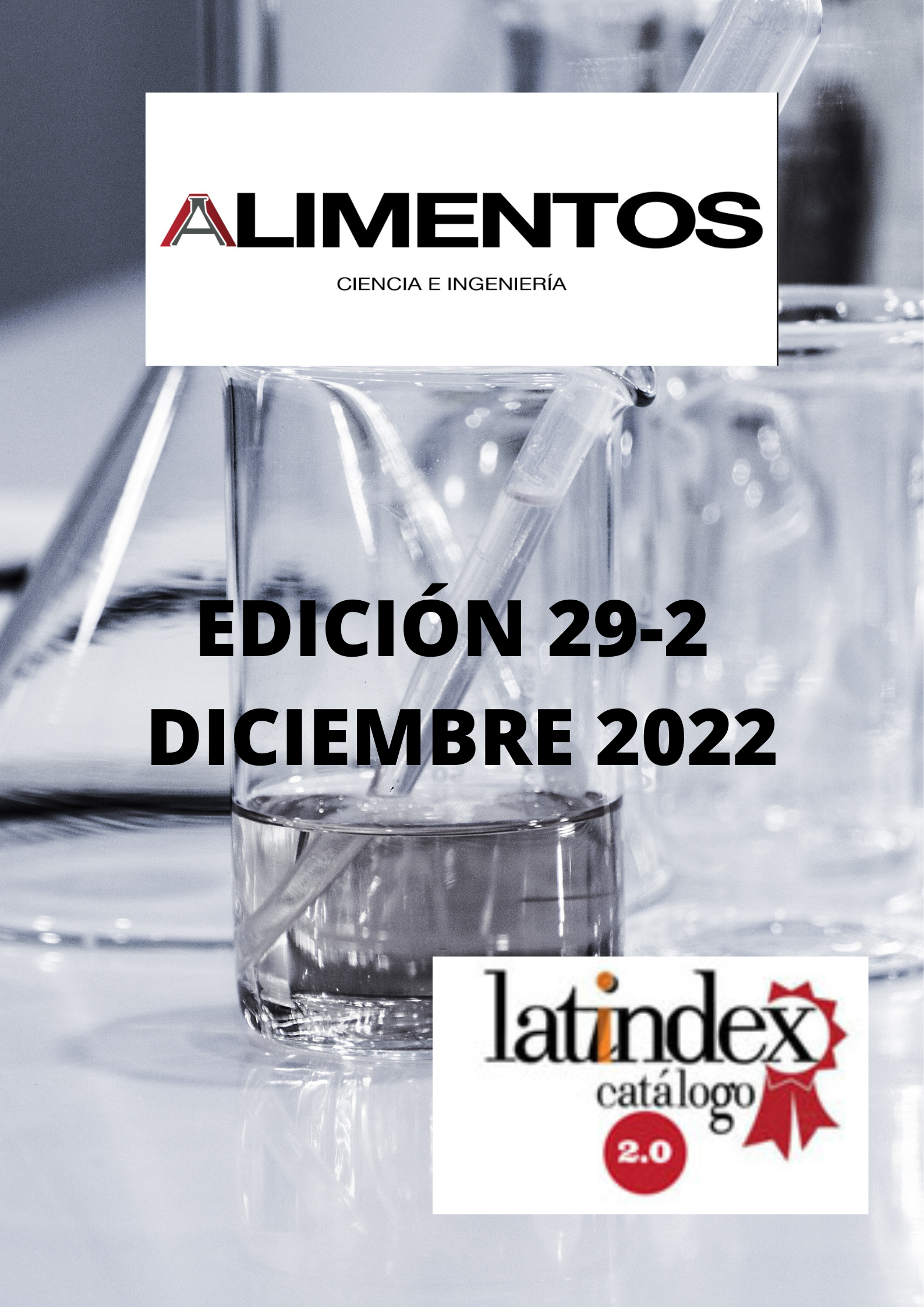Susceptibility analysis of mutations that confer resistance to inhibitors of the SARS-CoV-2 main protease (Mpro) and RNA-dependent RNA polymerase (RdRp)
Contenido principal del artículo
Resumen
Enormous efforts have been made worldwide to generate therapeutic options to prevent the transmissibility of SARS-CoV-2 and reduce its replication in humans. Currently, the emergence of new variants of the virus is of great concern because the evolution of the viral genome and the inherent mutations introduced in the viral proteins could decrease the effectiveness of the first-line therapeutic agents used to prevent and treat COVID-19. The present study evaluated the susceptibility of two important pharmacological drug targets of SARS-CoV-2, the major protease (Mpro) and the RNA-dependent RNA polymerase (RdRp), to suffer point mutations that could produce resistance to inhibitors of these enzymes. The results showed that the residues that contour the inhibitor binding site in RdRp are extremely conserved between the different RNA virus species. This suggests the RdRp enzyme has a low probability to suffer mutation that could confer resistance to therapeutic drugs, such as Remdesivir, an FDA approved compound to treat COVID-19. In contrast, we observed that the Mpro enzyme could undergo up to ten-point mutations in the active site, which is the binding site of several experimental drugs under development, such as Carmofur and N3. Molecular docking analysis showed that the presence of single point mutations in the Mpro active site produces an increase in the binding affinity of carmofur, probably due to the small size and high flexibility of this molecule. However, the Pro168Ser and Ala191Val mutations significantly decrease the affinity of N3 binding to Mpro, suggesting the possible emergence of resistance to this drug. These results could help to anticipate the effect of different mutations on the way Mpro inhibitors bind to the enzyme, and design new inhibitors that address the effect of resistance.
Descargas
Detalles del artículo

Esta obra está bajo una licencia internacional Creative Commons Atribución-NoComercial 4.0.
Aquellos autores/as que tengan publicaciones con esta revista, aceptan los términos siguientes:
a. Los autores/as conservarán sus derechos de copiar y redistribuir el material, bajo los términos estipulados en la Licencia de reconocimiento, no comercial que permite a terceros compartir la obra bajo las siguientes condiciones:
Atribución: debe dar el crédito apropiado, proporcionar un enlace a la licencia e indicar si se realizaron cambios. Puede hacerlo de cualquier manera razonable, pero no de ninguna manera que sugiera que el licenciante lo respalda a usted o su uso.
No comercial: no puede utilizar el material con fines comerciales.
Sin restricciones adicionales: no puede aplicar términos legales ni medidas tecnológicas que restrinjan legalmente a otros hacer cualquier cosa que la licencia permita.
Citas
Gao, Y., Yan, L., Huang, Y., Liu, F., Zhao, Y., Cao, L., . . . Zhang, L. (2020). Structure of the RNA-dependent RNA polymerase from COVID-19 virus. Science, 368(6492), 779-782. doi:10.1126/science.abb7498
García, M. L., de Pascual Teresa, B., & Braña, M. F. (2004). Estudio teórico del modo de unión entre CDK2 y butirolactona I. Paper presented at the Anales de la Real Academia Nacional de Farmacia.
Gervasoni, S., Vistoli, G., Talarico, C., Manelfi, C., Beccari, A. R., Studer, G., . . . Pedretti, A. (2020). A comprehensive mapping of the druggable cavities within the SARS-CoV-2 therapeutically relevant proteins by combining pocket and docking searches as implemented in pockets 2.0. International journal of molecular sciences, 21(14), 5152.
González-Paz, L., Paz, J. L., Vera-Villalobos, J., & Alvarado, Y. J. (2020). Compuestos Fitoquímicos Dirigidos al Bloqueo de la Polimerasa Viral del SARS-CoV-2 causante del COVID-19: un Análisis Comparativo de Funciones de Puntuación para Acoplamientos con Interés Biomédico. Revista Politécnica, 46, 7-20.


